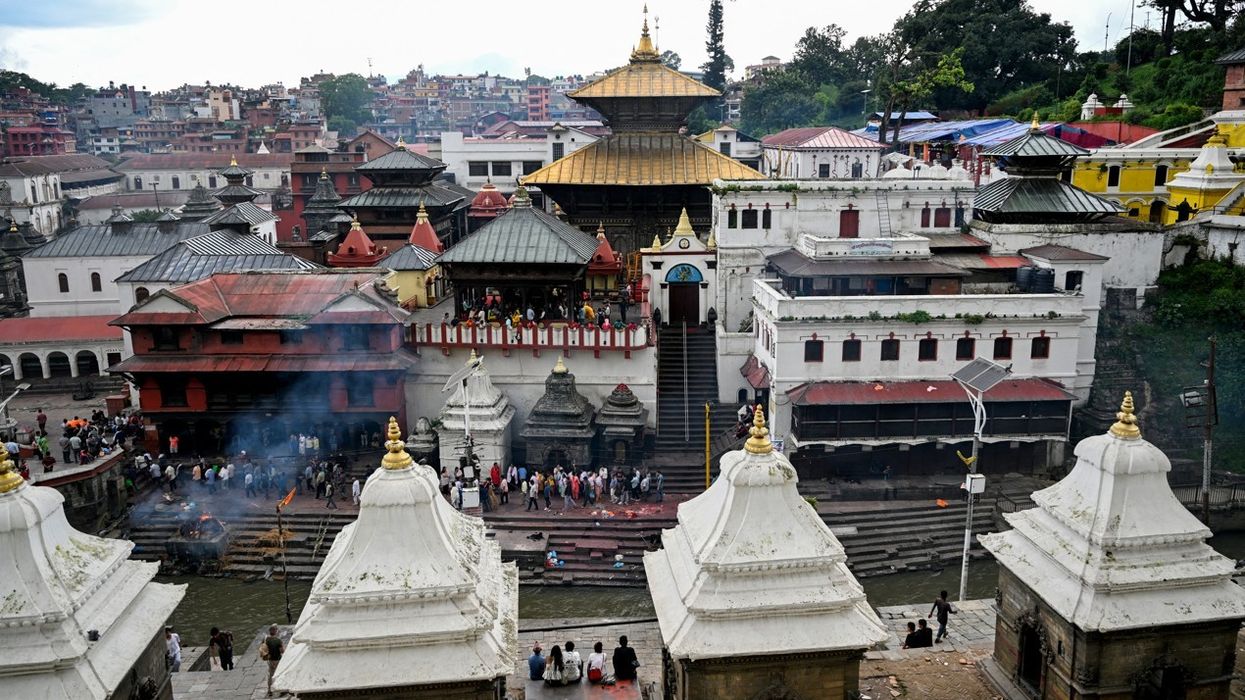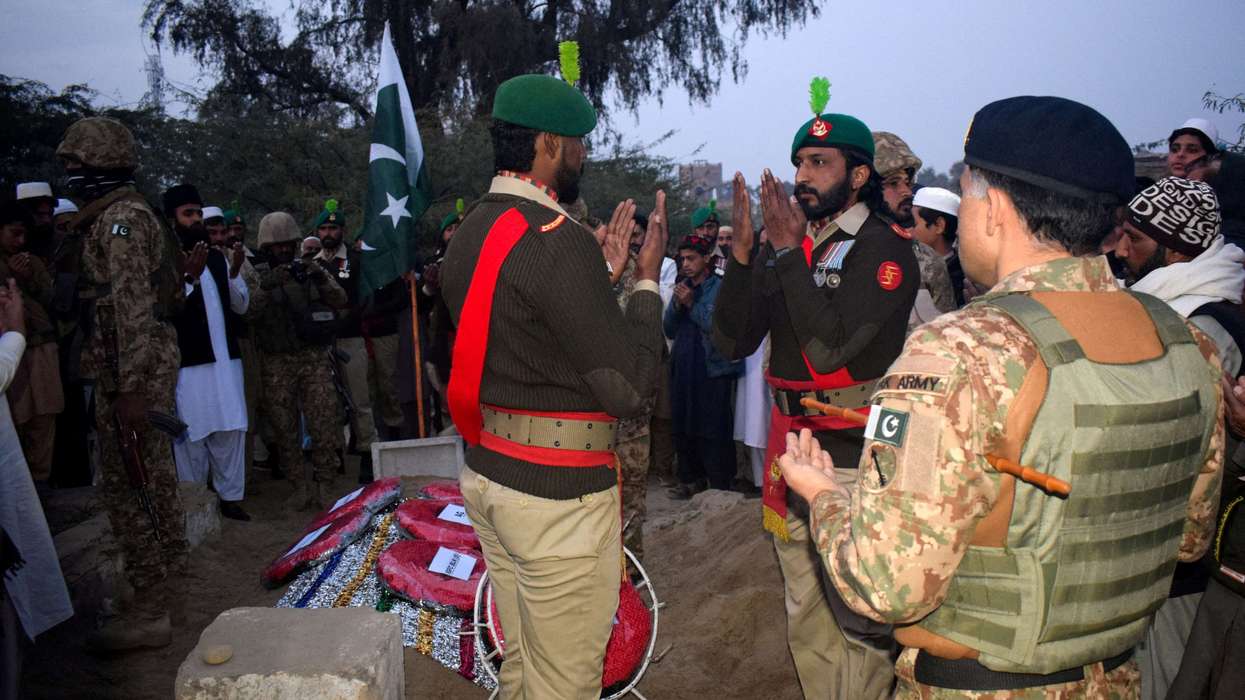NEPAL’s Supreme Court has ruled that Hindu holy men who follow the tradition of remaining unclothed cannot be barred from entering the Pashupatinath temple. The court said that nudity, when practised as a religious custom, is not the same as obscenity.
The ruling concerns the Naga sadhus, ascetics devoted to Lord Shiva who renounce family ties and worldly possessions, including clothing. Covered in ash and wearing dreadlocks, they are a familiar sight at the temple during major festivals.
“I want to thank the Supreme Court,” said 45-year-old Eakadasa Baba, who travelled from India on a pilgrimage to the temple. “It does not mean we roam around the city or villages without clothes. We remain unclothed only in our own place, within the temple,” he added.
The case arose from a petition seeking to stop their temple entry, claiming their nudity disturbed other devotees. The court dismissed it, saying: “Nudity and obscenity are not the same. Nudity, when practised as part of religious or cultural tradition, cannot automatically be considered offensive.”
The judgment, issued last year, was published this week, court spokesperson Nirajan Pandey said.
Hundreds of Naga sadhus visit Kathmandu every year for the Maha Shivaratri festival at Pashupatinath. Many stay on at the temple after the event, which is held in February or March. The temple provides food and a travel allowance to the sadhus.
Rajendra Giri, a 51-year-old Nepali Naga sadhu, said their tradition does not “disturb” anyone.
“They have designated spaces and follow strict disciplines,” cultural historian Govinda Tandon said. “As the court rightly noted, their nudity is not obscenity, it’s a core part of the Naga tradition.”
The court said banning their entry would violate national and international protections of religious freedom.
(With inputs from agencies)





